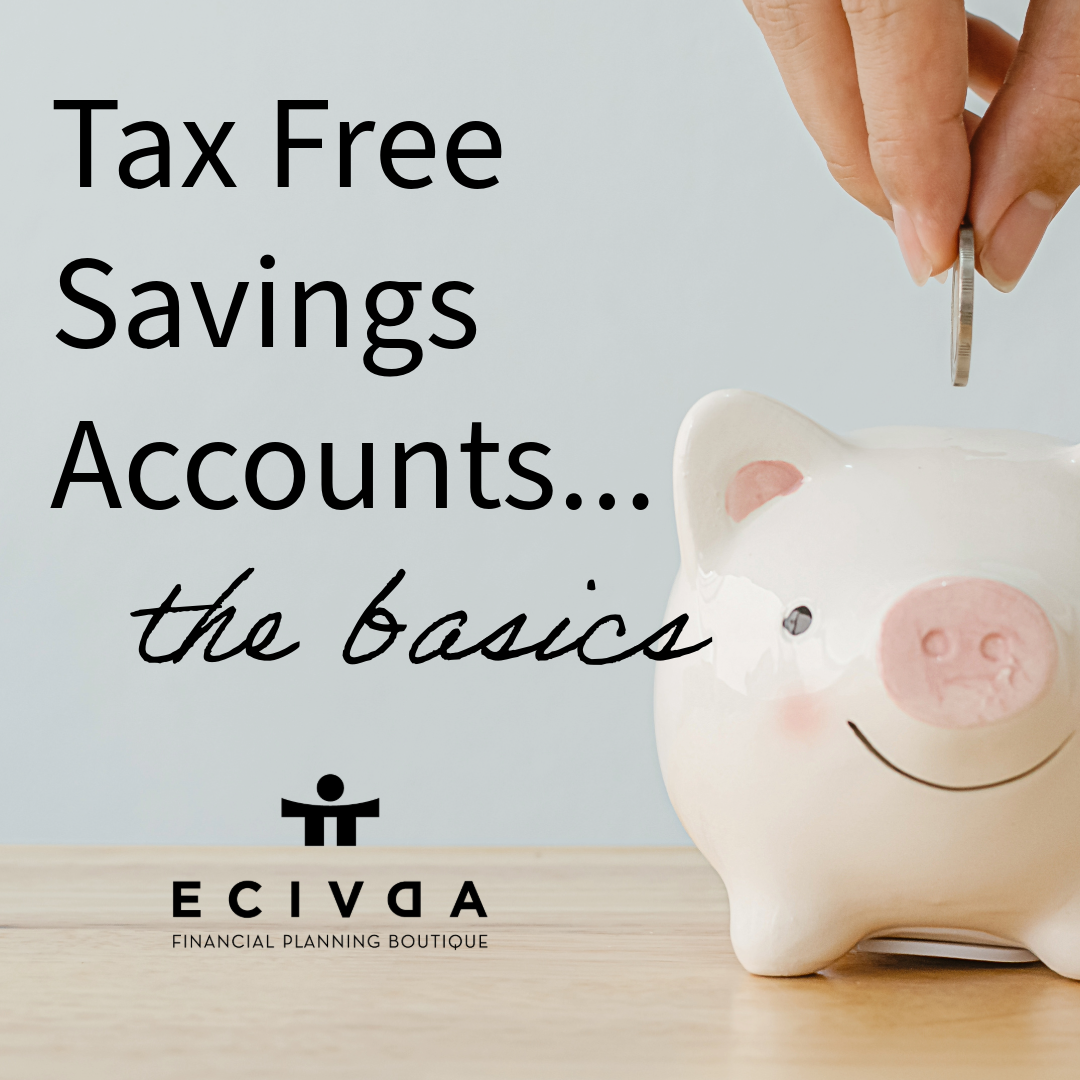Tax Free Savings Accounts… The Basics
A Tax-Free Savings Account, more commonly known as a TFSA, is a savings that can hold cash as well as investments. The TFSA was introduced to Canadians in 2009 as a tax-free account that could. Any Canadian over the age of 18 who has a SIN number can open a TFSA.
How a TFSA Works
The TFSA is easy to understand since it works similarly to a “regular” savings account, and like an RRSP, but with a few important differences.
Firstly, there are deposit limits. The allowable, annual TFSA contribution is determined by CRA. Canadians begin building contribution room at age 18 and “room” accumulates until it is used. That is, if you have never contributed to a TFSA, you can catch-up by contributing the total “room” that you have accumulated since age 18. The lifetime limit as of 2024 is $95,000.
Secondly, the TFSA can hold investments such as stocks, bonds, mutual funds, and GICs, like an RRSP. Many TFSAs hold only cash, because many investors opened these accounts without understanding all of their potential benefits.
Thirdly, income inside a TFSA is exempt from income tax. A TFSA can earn interest, dividends, or capital gains without limitation, and without a tax bill. TFSA withdrawals are not subject withholding or income tax to the account owner.
Lastly, in the year following a withdrawal the contribution room is recouped. For example, if a withdrawal of $14,000 is made on February 3, 2024, on January 1, 2025, an additional $14,000 of contribution room is available to the account owner in addition to CRA’s annual limit for 2025.
TFSAs are as easy to open as a bank account and require no additional effort when filing annual income taxes and can deliver significant financial benefits. A married couple with $190,000 in their TFSAs, collectively, earning 5% annually with a marginal tax rate of 50% would save $4,750 each and every year in income tax. In this example, each year they earn $9,500 tax free.
Advantages
TFSAs are suitable for both short- and long-term investing goals due to the ease of withdrawals. The main advantage of a TFSA is that it allows investors to benefit from tax-free growth of their investment. This is an invaluable tool that investors have available to them to grow their wealth. While there are no immediate tax breaks to contribute to the TFSA, investors will benefit over time from tax free growth and withdrawals from the account and recouping of “contribution room”.
Limitations
Annual contribution amounts are the same for everyone age 18 and above. Over-contributing earns a penalty of 1% per month on the amount in excess of your lifetime limit until it is resolved. More than one TFSA can be owned, and they can be owned at different financial institutions. It is simplest to track your lifetime contributions when you own only one TFSA or confine them to one institution.
Understanding Contribution Limits
The contribution limit for 2024 has been raised to $7,000 from $6,500 in 2023, and the lifetime contribution limit has reached $95,000.
Time Frame (# of years) x Annual Contribution Limit = Total
2009 – 2012 (4) x $5,000 = $20,000
2013 – 2014 (2) x $5,500 = $11,000
2015 (1) x $10,000 = $10,000
2016 – 2018 (3) x $5,500 = $16,500
2019 – 2022 (4) x $6,000 = $24,000
2023 (1) x $6,500 = $6,500
2024 (1) x $7,000 = $ 7,000
Lifetime Contribution Limit $95,000
The annual limits are set in increments of $500 by the CRA based on the rate of inflation. It is not uncommon for the limit to stay the same from year to year as it did from 2009 to 2012. Each person over the age of 18 in Canada is subject to the same contribution limits, regardless of income.
An individual gains the full amount for the year that they turn 18, and contribution room is not pro-rated. The owner must be a resident of Canada for the entire year, and contributions must be made under a valid Social Insurance Number.
Contribution room can be carried forward indefinitely from years when it is not used. Also, the withdrawal amount from your TFSA is added back to your TFSA contribution limit in the following calendar year, so you can recontribute the amount you withdrew once a new year begins, or if you have available contribution room.
The Bottom Line
Tax Free Savings Accounts are one of the most effective financial tools available to Canadians and should be viewed as much more than just a simple savings account. TFSAs provide significant investing opportunities and tax advantages that can help you reach your financial goals faster.
Additional details can be found HERE.
